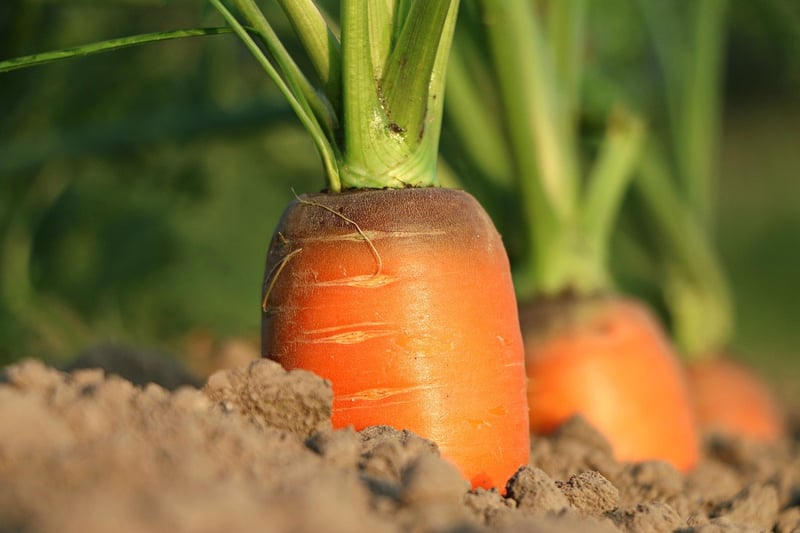Soil Health
Guidance for Successful Gardening + Soil Health
Introduction
Welcome to our comprehensive guide on successful gardening and soil health. Whether you are a seasoned green thumb or just starting out, understanding the importance of soil health and how to maintain it is crucial for a thriving garden. In this article, we will provide you with valuable tips and guidance to help you achieve success in your gardening endeavors.
The Importance of Soil Health
Soil health is the foundation of a successful garden. Healthy soil provides essential nutrients to plants, supports microbial life, retains moisture, and promotes root growth. By maintaining the health of your soil, you can ensure that your plants have everything they need to flourish.
Tips for Improving Soil Health
- Test Your Soil: Start by testing your soil to understand its composition and pH levels. This will help you determine what amendments are needed.
- Add Organic Matter: Incorporate compost, manure, or other organic matter into your soil to improve its structure and fertility.
- Avoid Compaction: Minimize soil compaction by not walking on the planting beds and using raised beds if necessary.
- Mulch: Apply mulch to retain moisture, suppress weeds, and improve soil structure.
- Crop Rotation: Practice crop rotation to prevent nutrient depletion and reduce the risk of soil-borne diseases.
Choosing the Right Plants
When selecting plants for your garden, consider the soil type, sunlight requirements, and climate conditions. Choose plants that are well-suited to your specific growing environment to ensure success.
Conclusion
By following the guidance provided in this article, you can improve the health of your soil and increase your chances of gardening success. Remember that healthy soil leads to healthy plants, so investing time and effort into soil care will pay off in the long run. Happy gardening!


 More Tips for Improving Garden Soil Health
More Tips for Improving Garden Soil Health
